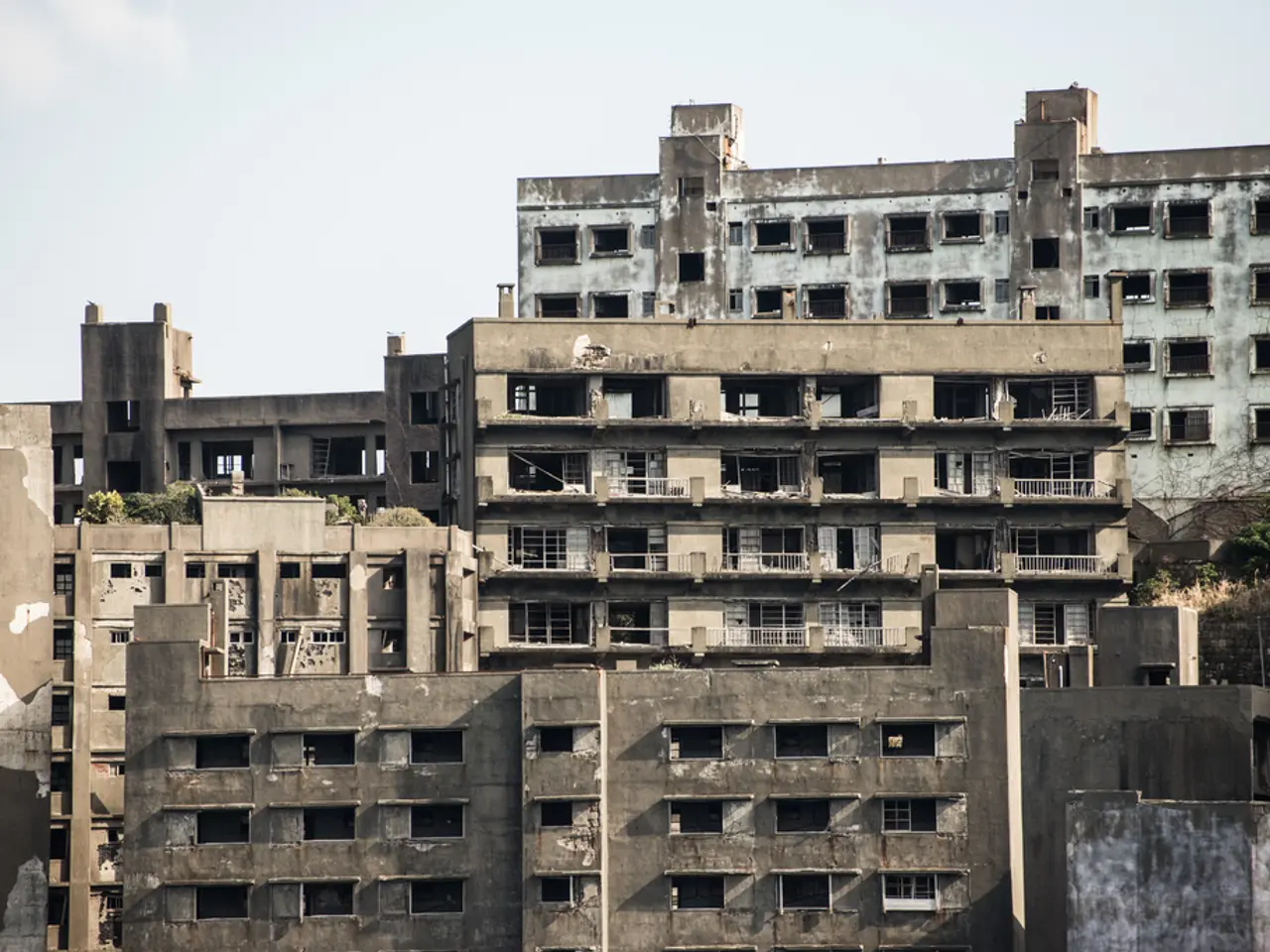Forecaster Issues Warning: Persistent Downpours Won't Cool Kuban's Water Bodies
The Russian weather expert, Roman Vilfand, has reported that despite the heavy rains currently occurring in the Krasnodar region, the water temperature at the southern Russian Black Sea coastal resorts, including Crimea, remains unaffected.
Vilfand, who is the scientific director of Russia's Hydrometeorological Center, explained that the large volume, depth, and thermal inertia of sea water in this area are the primary reasons for the minimal impact of the rain on the water temperature.
The Black Sea, particularly in its southeastern part near the Russian south coast, enjoys a humid subtropical climate, with warm surface waters in summer, typically between 23 and 26 °C (73 to 79 °F). This warmth is sustained by solar heating and large-scale oceanic heat content.
The surface waters form a mixed layer that is relatively deep (50 to 100 meters), which acts as a buffer against rapid temperature drops. Rainwater, although cooler and fresher, usually affects only the very thin uppermost surface layer and mixes only slowly with the warmer, deeper water.
The salinity of the Black Sea surface water averages around 17–18 parts per thousand, which is lower than ocean water, but the mixing dynamics and thermal capacity prevent quick temperature changes from rainfall inputs.
Heavy localized rainfall on land in the Krasnodar region does not introduce enough volume of significantly cooler freshwater into the Black Sea or persist long enough in surface layers to markedly change coastal water temperatures.
Large bodies of water, like the Black Sea, have high thermal inertia, meaning that their temperature changes slowly compared to air or land. Even substantial rainfall over days does not rapidly cool the water.
In summary, despite recent heavy rainfall in the Krasnodar region, the southern Russian Black Sea coastal resorts experience minimal change in water temperature due to the thermal stability of the Black Sea’s surface waters, depth and buffering by mixed layers, and the relatively small freshwater input relative to the sea volume.
TASS has reported that Vilfand cited these reasons for his assertion that the rains are not expected to lower the water temperature at Russian south coast resorts, including Crimea. The water temperature at these resorts remains high.
Environmental science plays a crucial role in understanding the stable water temperature at the southern Russian Black Sea coastal resorts, even during heavy rainfall events like the current one in the Krasnodar region. The high thermal inertia of large bodies of water, such as the Black Sea, allows it to maintain its temperature due to factors like depth, mixed layers, and small freshwater input relative to the sea volume – as explained by science director Roman Vilfand of Russia's Hydrometeorological Center.







